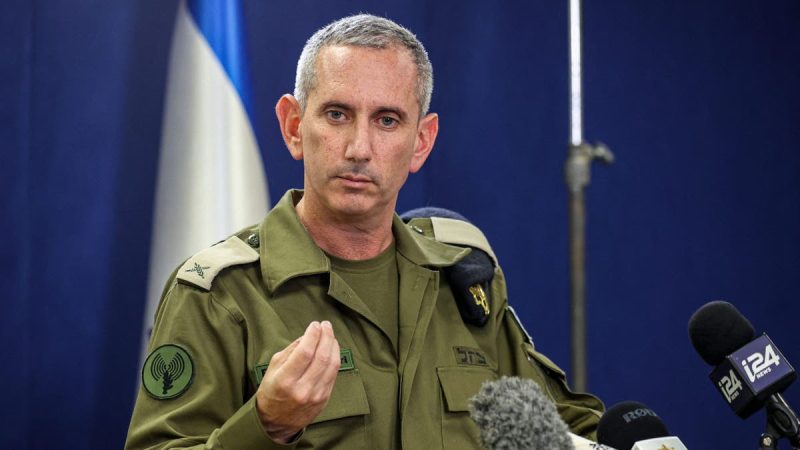
Battlefields of Hope: War-torn Regions Eye US Elections with Intensity
War-torn regions have keen interest in US elections due to the significant impact that US foreign policy has on their countries. The outcomes of US elections can directly influence the military interventions, aid programs, and diplomatic relationships that shape these regions’ futures. From the Middle East to Africa and beyond, war-torn regions closely follow and analyze the candidates and their policies for clues on how their lives may be affected by the next US administration.
One key aspect that war-torn regions are concerned about is the stance of US political leaders on military intervention. Many of these regions have experienced prolonged conflicts with the involvement of US military forces. Therefore, the foreign policy positions of presidential candidates regarding military actions, troop deployments, and conflict resolutions hold great significance for these regions. A change in administration often brings a shift in military strategy, which can have far-reaching consequences for countries mired in conflict.
Furthermore, war-torn regions are interested in the humanitarian aid policies of the US government. Countries grappling with the aftermath of war often rely on international assistance to rebuild infrastructure, provide healthcare, and support displaced populations. US aid programs can make a substantial impact on the ground, alleviating suffering and promoting stability. Therefore, the priorities and funding allocations of US humanitarian aid agencies are closely scrutinized by those in war-torn regions who depend on this assistance.
In addition to military intervention and humanitarian aid, the diplomatic approach of US leaders towards conflict resolution and peace negotiations is of utmost importance for war-torn regions. The US has significant influence in mediating peace talks, supporting peace agreements, and fostering reconciliation between warring factions. The diplomatic strategies of US administrations can shape the trajectory of peace processes and have lasting impacts on the stability and security of conflict-affected regions.
Moreover, the rhetoric and tone of US political leaders towards international affairs can also impact war-torn regions. Statements made by presidential candidates regarding specific countries or conflicts can influence the dynamics on the ground and shape public opinion. Hostile or inflammatory language directed towards certain regions can escalate tensions and hinder efforts towards peace and stability.
Overall, the keen interest of war-torn regions in US elections is driven by the recognition of the profound impact that US policies and leadership can have on their nations. From military intervention to humanitarian aid, diplomacy, and rhetoric, the decisions made by US political leaders reverberate across the globe, shaping the lives of those living in conflict-affected regions. As such, the outcomes of US elections are closely monitored and analyzed by individuals, communities, and governments in war-torn areas, who are hopeful for a positive change that can bring about peace, stability, and prosperity.